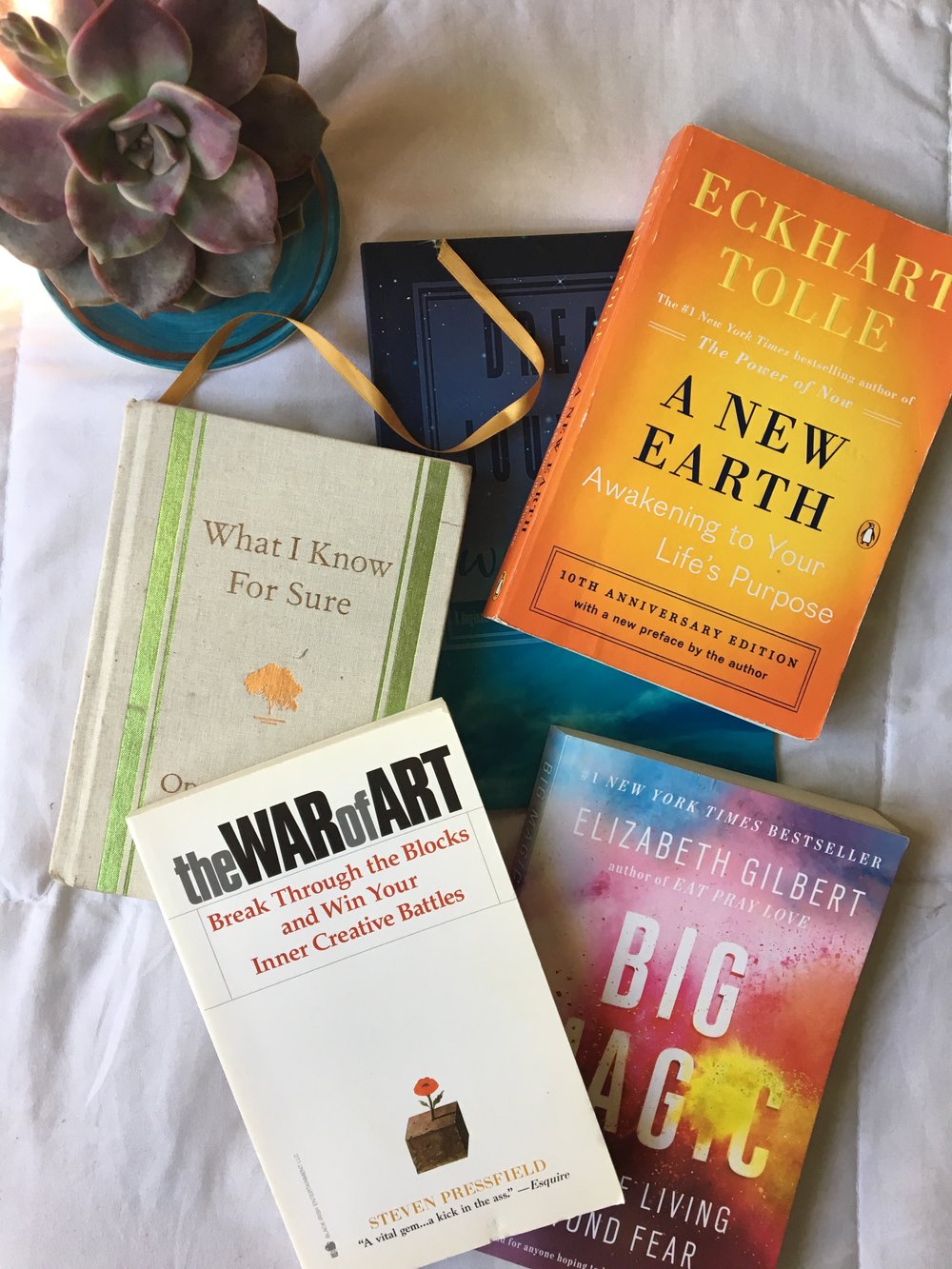The habit of reading should be promoted in the university environment. In addition to increasing vocabulary, showing the reader a different reality, improving his writing and helping to understand academic subjects and the world, books have also become a means of social interaction.
We prepared a list of 25 books that any student in college should read to open up a new world of opportunities. To know:
1. Freedom from Jonathan Franzen
The book talks about the love triangle experienced by three students, who are faced with the question: follow the heart or reason? When faced with the decision to preserve a lasting friendship or to risk everything in the name of love, friends do not know which way to go. The dilemma is faced by many young people, who may be inspired by reading.
2. This Side of Paradise by F. Scott Fitzgerald
After graduation, the ex-university student finds himself lost and does not know exactly the direction his life is taking, nor what he should do from that moment on. This conflict is also experienced by former students of the colleges, who after graduating do not know which way to go.
3. Norwegian Wood by Haruki Murakami
The meaning and importance of friendship and true love are the main themes of this exciting book, which teaches us to value the most precious assets we have: the people around us and who support us.
4.1984 by George Orwell
In a society of great and strong power relations, where the state has control over everything, some young people question and confront the most influential people in order to express their opinions. Would he also be willing to risk his freedom for that?
5. Crime and Punishment by Fyodor Dostoyevsky
After killing a pawnbroker, young Raskolnikov tries to find his true essence and constantly seeks to justify his attitude and his place in life. The book makes us reflect on the values that each one brings within him and shows us that any action has a reaction.
6. Aldous Huxley’s Brave New World
Considered a “negative utopia” by the author himself, the book tells the story of a future world, where happiness is valued and individuality is not. Thus, the characters follow a pattern of life and a question is raised: Is it possible to be happy being like the others?
7. One hundred years of solitude by Gabriel Garcia Marquez
The book shows how important it is to have external support to live life optimistically. In addition, it is possible to see how loneliness is capable of destroying and dominating everything around us.
8. F. Scott Fitzgerald’s Great Gatsby
The novel, which takes place during the First World War, shows how young people must believe in their own ability, exposing that they can accomplish great things. In addition, the book shows the impossibility of redoing something wrong from the past and exposes the importance of true friends.
9. Vladamir Nobokov lolita
Understanding, love, forgiveness and sacrifice are some of the lessons from the controversial book, which tells the story of forbidden love between a middle-aged man and Lolita, a 12-year-old teenager.
10. Farewell to Ernest Hemingway’s weapons
The emotional and physical stress experienced by young boys during the first world war is even greater due to their little contact with love, in addition to their little faith in the future. The novel makes us reflect on the importance of affection in personal construction.
11. John Steinbeck’s Grapes of Wrath
During the crisis in the United States, a family moves to California to find a better life. The importance of love, friendships, family and support are highlighted in the text.
12. Mikhail Bulgakov’s Master and Daisy
The plot narrates the arrival of the devil in Moscow in the 1920s, and deals with the struggle between good and evil among other paradoxical themes, reflecting how the bad side can be more honest than society and political regimes.
13. Harriet Beecher Stowe’s Uncle Tom’s Cabin
Amid praise and criticism, Stowe’s novel takes place in a controversial period in American society and, therefore, teaches us to understand the values and principles of the American nation.
14. The Foreigner of Albert Camus
The indifference of the universe combined with free will and intuition can bring about a great change in the lives of young people. The story tells the life of a murderer who does not feel guilty for the crime he commits until he observes the absurdities of the world around him.
15. The Dalai Lama’s Art of Happiness
The Dalai Lama’s responses during interviews can help people understand the true meaning of love and how to seek happiness in life.
16. Johann von Goethe’s Faust
The bet between God and Mephistopheles for the conquest of Faust’s soul becomes a journey of challenges for his freedom. The narrative shows us the difference between evil and good, both present in the everyday life of any university student, and also of people.
17. John Milton’s Paradise Lost
We are all familiar with the famous story of Adam and Eve, who did not resist Lucifer’s temptations. However, the story of the fallen angel is not known to many people. Through the little explored context, the book shows good and evil, and allows us to see from a different perspective.
18. William Golding’s God of Flies
A chaotic island under the command of poorly established children and social divisions is the stage for Golding’s book that emphasizes the importance of having a leader and rules to be followed in order to establish a controlled society.
19. The Sun is for Everyone by Harper Lee
As in the lives of almost all young people, prejudice, dishonesty, and injustice go hand in hand with fun, adventures and relationships in the life of the protagonist, who through his intuition and charity supports everyone regardless of skin color or class Social.
20. Stephen King’s Competitor
How far can people go and must go to get what they want and need? In a chaotic and decadent society, answering that question is even more difficult. This is one of the reflections proposed by King in his book.
21. Clockwork Orange by Anthony Burgess
The book is narrated by young Alex, who lives in a futuristic society where the violence is as great as the aggressions of the totalitarian government against himself, a leader of a street gang.
22. The Malaise in Sigmund Freud’s Civilization
Freud’s cultural and social understandings are sufficient reasons to make “Malaise na Civilização” a must-read for any university student. The book allows us to understand the society in which we currently live according to the thinker.
23. Richard Dawkins’ River Out of Eden
In a simple and didactic way, biologist Dawkins clarifies the theory of evolution, giving an interesting and beautiful explanation about the origin and development of the world in which we live.
24. William Shakespeare’s Hamlet
“To be or not to be?” That is the question that has persisted since Shakespeare’s book was released and eternalized. Hamlet helps us to reflect on the importance of the choices and responsibilities that each one has in life.
25. Dante’s Divine Comedy
Through a spiritual journey, Dante Alighieri’s book shows us how our attitudes are reflected in our lives, so everything we do has consequences and, therefore, one day we will pay for our sins.














